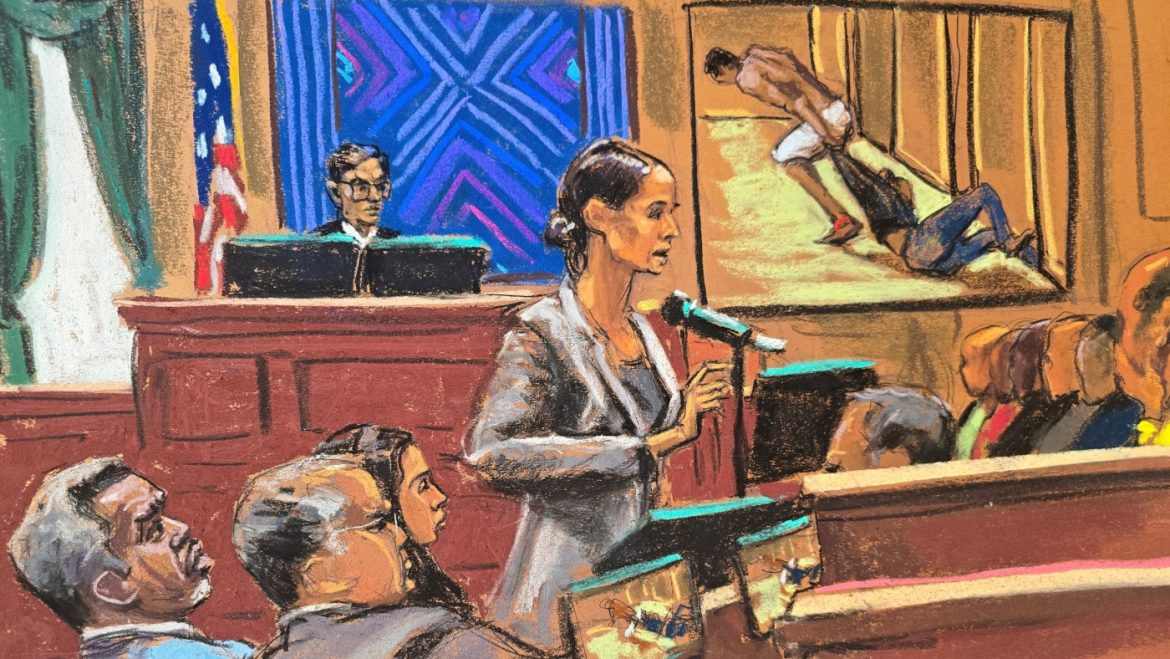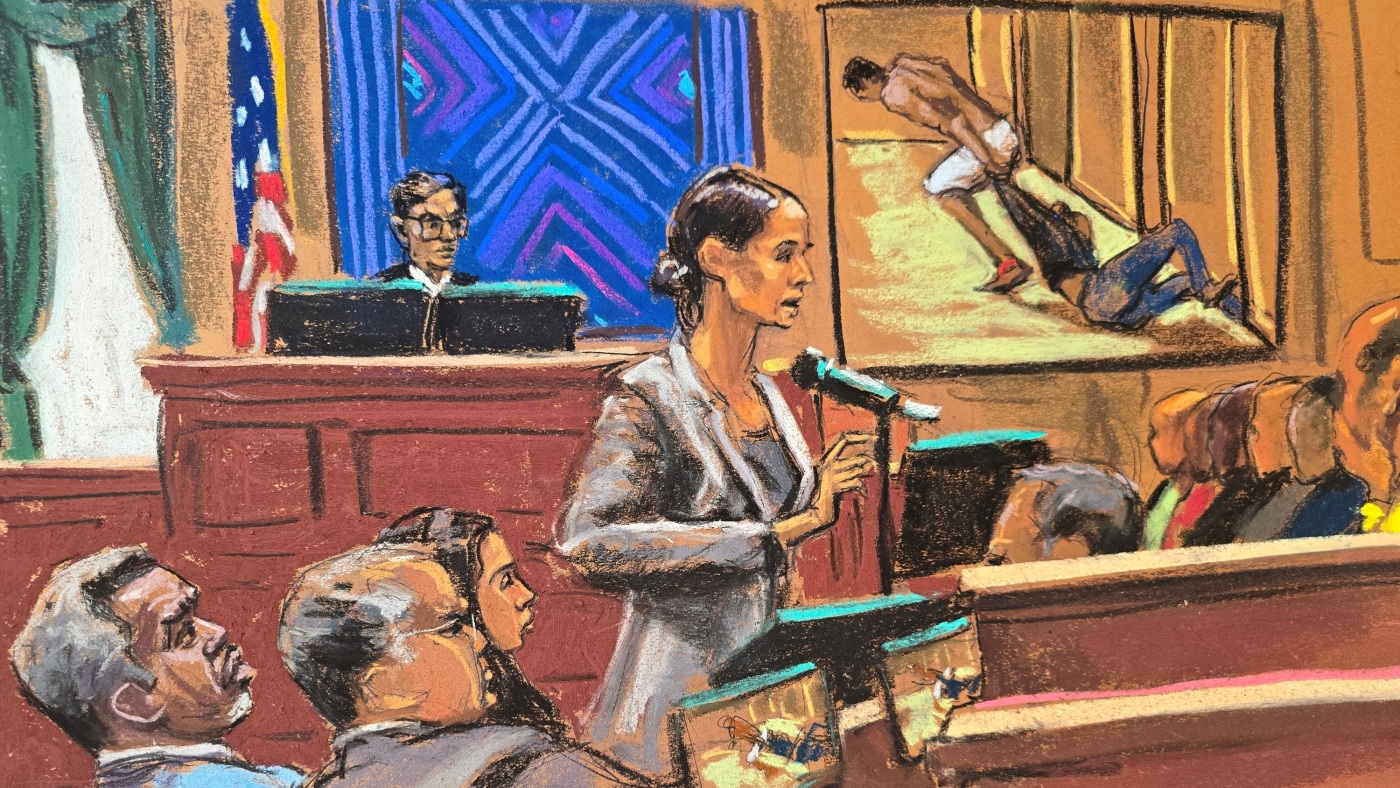s a pivotal moment in the legal landscape, particularly in cases involving high-profile individuals. The prosecution’s closing arguments in the Sean “Diddy” Combs trial underscored the gravity of the allegations, which included racketeering, sex trafficking, and the use of violence to maintain control. The trial has been a stark reminder of how power and influence can be wielded in ways that blur the lines between celebrity and criminality.
The prosecution’s strategy was to dismantle the defense’s portrayal of Combs as a misunderstood figure, instead presenting him as a man who systematically abused his power. Prosecutor Samantha Slavik’s marathon closing argument was a masterclass in legal storytelling, weaving together decades of alleged misconduct into a coherent narrative. She did not shy away from the darker aspects of the case, emphasizing that Combs’s actions were not isolated incidents but part of a broader pattern of behavior designed to intimidate and control.
The defense, on the other hand, sought to humanize Combs, portraying him as a victim of a media frenzy and overzealous prosecution. They argued that the case was built on hearsay and unreliable witnesses, many of whom had their own motives for testifying against him. The defense’s closing arguments were a counter-narrative, aiming to sow doubt in the minds of the jurors by questioning the credibility of the prosecution’s witnesses and the validity of the evidence presented.
The trial has also highlighted the challenges of prosecuting high-profile individuals. The sheer volume of media attention and public scrutiny can make it difficult to separate fact from fiction. The prosecution’s task was to present a clear and compelling case that could withstand the scrutiny of both the courtroom and the public eye. The defense, meanwhile, had to navigate the delicate balance of defending their client without appearing to downplay the seriousness of the allegations.
The outcome of the trial will have far-reaching implications, not just for Combs but for the broader legal and entertainment industries. If convicted, it could set a precedent for how similar cases are handled in the future. It could also serve as a wake-up call for those in positions of power, reminding them that no one is above the law. Conversely, an acquittal could be seen as a victory for the defense and a testament to the challenges of prosecuting high-profile individuals.
In the end, the trial has been a testament to the power of the legal system to hold even the most influential individuals accountable. It has also been a reminder of the complexities involved in such cases, where the lines between celebrity and criminality can often become blurred. As the jury deliberates, the world watches, awaiting a verdict that could reshape the landscape of power and accountability in the entertainment industry.


